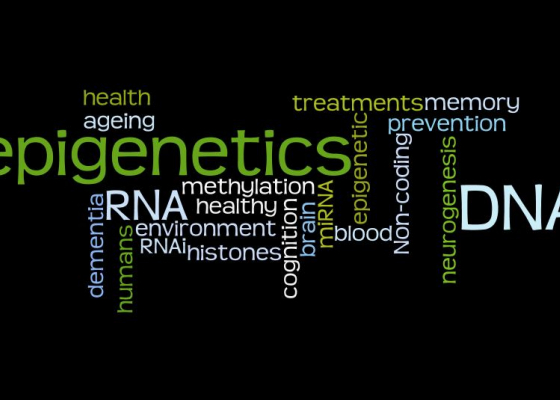An international research team including brain scientists from the Centre for Healthy Brain Ageing (CHeBA) at UNSW has discovered two common genetic variants that are believed to be associated with memory performance.
The findings from the largest study of the genetics of memory ever undertaken are a significant step towards better understanding how memory loss is inherited, say the researchers from CHeBA. The study is published in the journal Biological Psychiatry.
Longer life spans and the increased prevalence of memory impairment and dementia world-wide underscore the critical public health importance of efforts aimed at deciphering the underlying mechanisms of human memory.
The Cohorts for Heart and Aging Research in Genomic Epidemiology (CHARGE) consortium, which includes scientists from both CHeBA and Boston University School of Medicine (BUSM), aims to study the entire genome by pooling of data from research centres across the world.
Nearly 30,000 participants who did not have dementia were included in the study. Each participant completed memory tests, such as word recall and their entire genome was genotyped. Using sophisticated statistical analysis, the genome was examined for segments that were associated with low memory scores.
CHeBA’s Dr Karen Mather says the ultimate aim is to gain a better understanding of the biology underlying age-related memory performance and decline.
“This study suggests that in addition to genetic variants near the Alzheimer’s disease risk gene, apolipoprotein E, the immune system is also involved in age-related performance on memory tests,” Dr Mather says.
Co-Director of CHeBA, UNSW Scientia Professor Perminder Sachdev says: “We hope that in the future such studies will translate into improved understanding of the molecular mechanisms of memory performance and possibly strategies to prevent memory decline”.
This world-wide collaboration has generated novel important hypotheses on the biological underpinnings of memory decline in old age, however the researchers caution that more research is clearly needed to confirm these findings.
“The differential associations according to memory test characteristics and age should be accounted for in future studies. Exploring other types of genetic variation, including rare variants and epigenetic modifications, will be crucial to decipher the full spectrum of memory heritability,” says lead author Stéphanie Debette, MD, PhD, Adjunct Associate Professor of Neurology at BUSM.
This overall analysis study was supported by the National Institutes of Health USA, and CHeBA’s work by the NHMRC.


